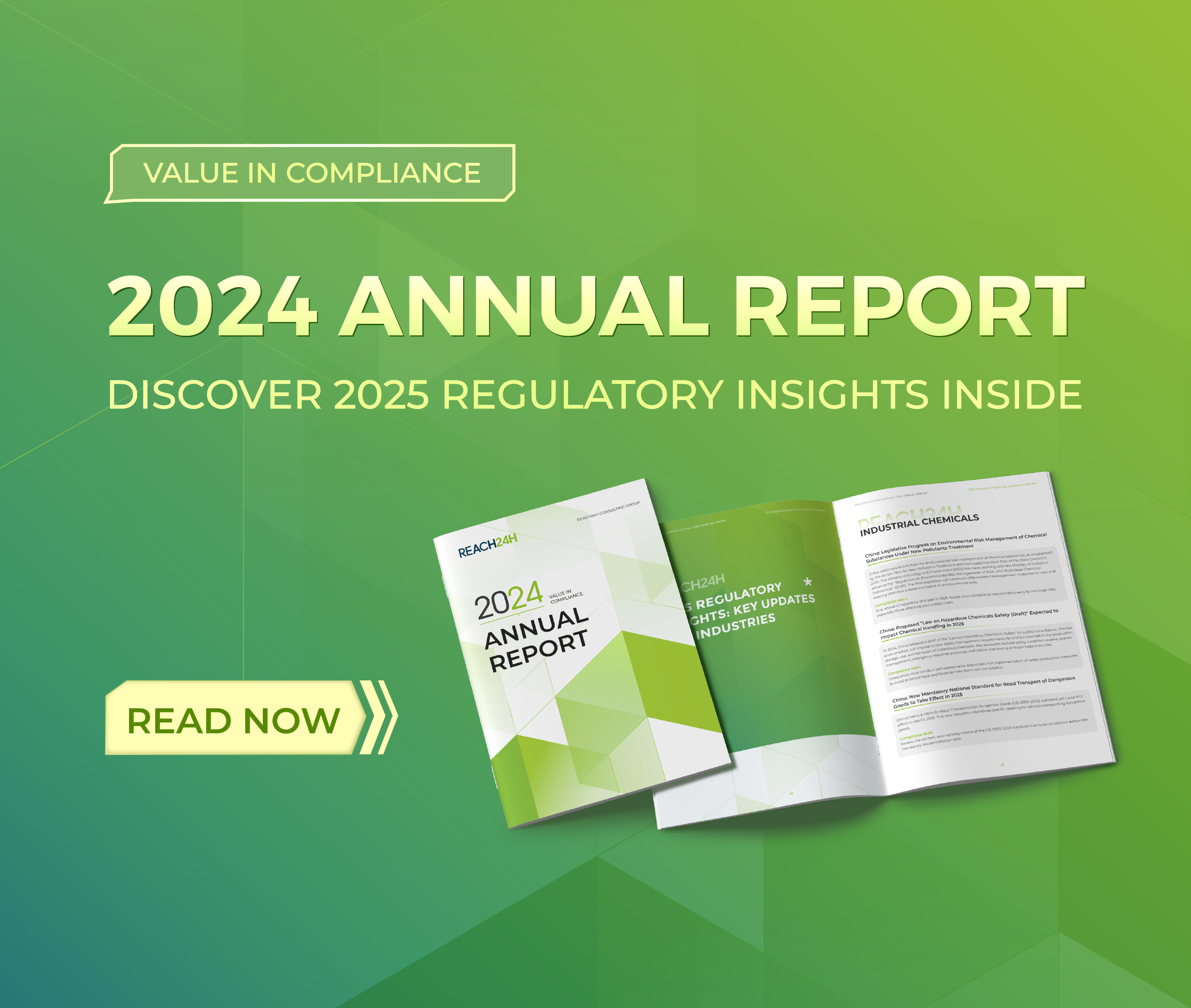In view of Brexit, ECHA releases regulatory advice to companies
Following the UK’s decision to withdraw from the EU, ECHA has released a number of recommendations to UK and EU-based companies operating with the REACH Regulation in the hopes of assisting them through the changing political landscape.
• Until the UK withdrawal from the EU takes effect on 30 March 2019, all UK-based companies interested in registering phase-in and non phase-in substances must comply with the provisions of the REACH Regulation, including the 2018 registration deadline. Following said date, companies are advised to follow legislative developments on domestic registration obligations in close detail.
• The registration of any substances by UK-based companies after 30 March 2019 will be disregarded, as they will be considered to be based in a “third country” outside the EU/EEA. Therefore, EU/EEA customers will have to register the substances themselves. Provided a manufacturer that has already registered substances wishes to continue supplying to EU-27/EAA customers based on its own registration, it may relocate to the EU-27/EAA or designate an Only Representative within said territory. UK-based importers from non- EU-27/EAA countries will have the option to relocate to the EU to continue supplying to their EU customers.
• For UK-based companies acting as Only Representatives of non-EU manufacturers, manufacturers must have an Only Representative based in one of the EU-27/EAA countries by the time of the UK withdrawal. This change will have to be registered in REACH-IT.
ECHA will charge the corresponding fee for any UK-based company that, in view of the UK withdrawal from the EU, transfers its REACH registrations or if the Only Representative status is changed to one based in the EU-27.
• Following the UK withdrawal date, the UK will no longer be bound by EU legislation. Therefore, UK-based companies with ECHA registered substances will no longer have to provide updates on their dossiers.
• When registering substances of very high concern (SVHC), provided the specific sunset date follows the UK withdrawal date, the company will at that point acquire a non-EU status, and it will no longer be bound by the REACH Regulation. Therefore, an application for a REACH Authorisation will no longer be necessary. In the event any EU-27-based importer of the substance and/or downstream consumer intends to use said substance in the EU, they may be required to apply for the REACH Authorisation.
• UK-based companies acting as downstream users of substances covered by a REACH Authorisation issued in accordance with Article 56 (2) will no longer be bound by it. Consequently, they will no longer be required to keep their UK and EU-27 suppliers nor ECHA informed of the uses of the substances.
• For any EU-27-based company purchasing chemical substances registered under REACH which belong to a UK-based partner, the company will have to relocate or appoint an Only Representative within the EU-27 for the substance to remain legally valid and continue registered with the ECHA for the EU-27/EAA. Otherwise, the EU-27-based company will have to register the substance as an importer.
• For EU-27 companies that are registrants in a joint submission where a UK-based company is the lead registrant and the owner of the data, ECHA has indicated the lead registrant should move to a EU-27 country or apply to change its status to become a EU-27 Only Representative prior to the date of the UK withdrawal to ensure they continue to benefit from the joint submission. Alternatively, a new lead registrant may be appointed. In this case, duties should be transferred before the withdrawal date and provisions will be included in the Agreement to manage the change of lead registrants and secure the transfer of duties, shared information, etc.
• Following the UK withdraws from the EU, REACH Authorisations granted to UK-based supplier will lose effect. Therefore, any EU-27 company that uses a substance based on such an Authorisation should ensure one of its EU-based upstream suppliers or itself holds such a document to ensure the use of the chemical substance within the EU.
• Finally, while the Community Rolling Action Plan (CoRAP) 2012-2014 and its updates had delegated specific review duties associated to the REACH evaluation process to UK public authorities, provisions are being made to reassign these duties to another Member State.


